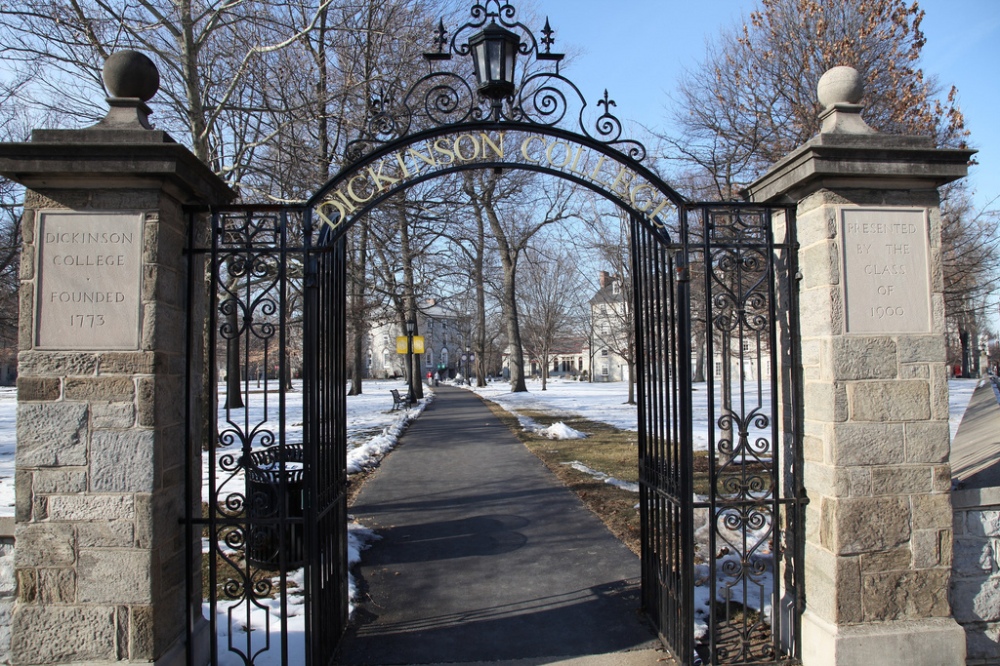
[Note for Dickinson College students requesting a letter of recommendation: The college has determined that because of FERPA regulations, “Any requests for letters of recommendation to include information beyond what is defined as directory information, or can be deemed as general statements that do not disclose protected data, must be requested in writing by the student.” So, you are required to fill out this online form before I can write a letter of recommendation for you. See this page for more information.]
- Ask your professor nicely and politely. You do not have to ask the professor in person, but do not ask the professor in a quickly jotted, informal email.
- Early, early, early. It takes time and care to write a good letter of recommendation and professors are busy. Ask for the letter well in advance of the due date. How far in advance? The earlier the better–at least a month before the due date to be safe. Never ask for a letter with fewer than two weeks until the deadline. Don’t forget to tell the professor the due date of application!
- Give the professor talking points. Just because you did well in the professor’s class doesn’t mean that the professor knows you. This is very important: the more information you give the professor, the better the letter your professor can write! If you inform your professor that you won a college-wide academic award, then that information will likely end up in your letter. You may want to provide some or all of the following…
– Information about your experiences with the letter-writer (e.g., courses taken, class project topics, etc.)
– Your resume or curriculum vitae
– Information about the program to which you’re applying
– Honor societies to which you belong
– Anything that makes you unique
– Awards that you have won
– Relevant work experience or internships
– Service activities such as volunteer work
– Copies of admissions essays
– Anything you want included in the letter - Deadlines. Tell the letter-writer the application deadline. If you are applying to multiple program, give all deadlines, preferably in one easy-to-follow document.
- Waive your rights. Many letters of recommendation allow you to chose whether you waive or retain your rights to see the letter. You should always waive your rights. The readers of the letter will give the letter more weight. Many letter-writers won’t write a non-confidential letter. If you’re nervous that the letter-writer won’t write you a good letter of recommendation, then ask someone else!
- Follow up. The absent minded professor is more than just a cliché. Your professor may forget to write your letter. (Also, there could be a chance that the program’s email requesting the letter went to the professor’s spam folder.) Don’t be afraid to check in periodically with your professor to see if the recommendation has been sent. Just be careful not to be a nag.
- Thank your professor! Write a thank-you note to your letter-writer (at least an email thank-you note).
- Did you get it? Let your professor know if you get the job, the intership, or the spot in graduate school. They want to know!
- Keep in touch. After you start the graduate program, participate in the research opportunity, or attend the study abroad program, let your professor how it went. They want to hear from you, and such feedback is useful for when they advise future students.
[Photo by Kelly DeLay]